Amid mass destruction by Israel, displaced Lebanese rush home after ceasefire
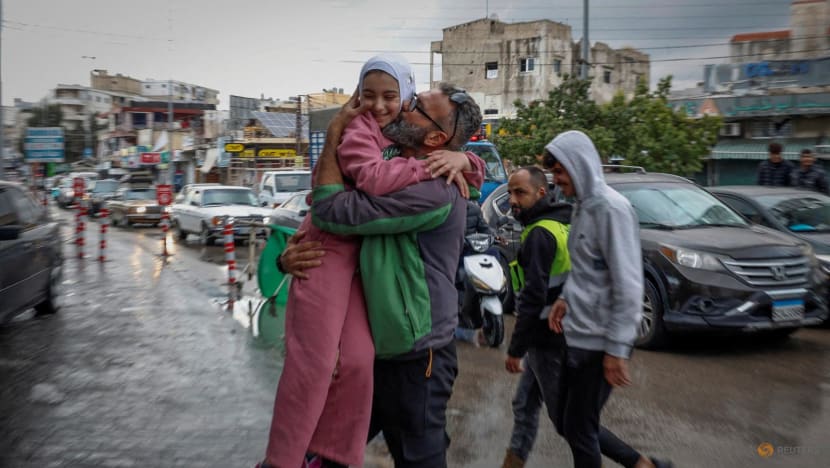
Mohammed Sleem hugs his daughter Menisa Sleem, as he meets her after two months, according to Mohammed, after a ceasefire between Israel and Iran-backed group Hezbollah took effect, in Tyre, Lebanon, Nov 27, 2024. (Photo: REUTERS/Adnan Abidi)
BEIRUT/TYRE: The cars began lining up at daybreak, snaking their way slowly through narrow lanes lined with collapsed buildings. A truce had finally ended hostilities between Israel and Hezbollah, and residents of Beirut's suburbs were itching to go home.
With mattresses stacked atop their cars and yellow Hezbollah flags fluttering out of some of their windows, thousands of people displaced by months of fierce bombardment on the capital's southern suburbs dashed back to their homes in the first hours after a ceasefire came into force.
The residential and commercial neighbourhoods had been upended by Israeli strikes, including in the final hours before the halt to hostilities began.
Entire buildings had been toppled, their roofs now slanting to the floor with thick concrete slabs, wires and broken household items littering the floor.
A man could be seen carrying a toddler on the sloping roof of a building, stepping around roof shingles, satellite dishes and crushed water tanks rolling towards the ground.
Among those returning home was Zahi Hijazi, a 67-year-old who originally hails from southern Lebanon but had been living in Beirut's suburbs for decades.
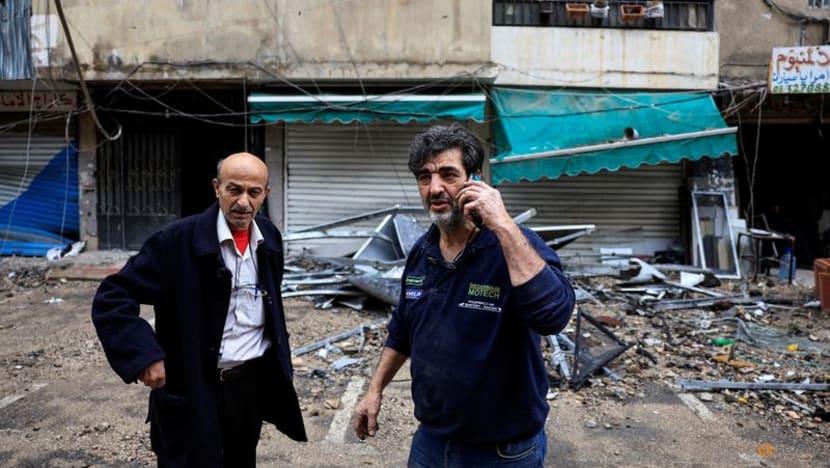
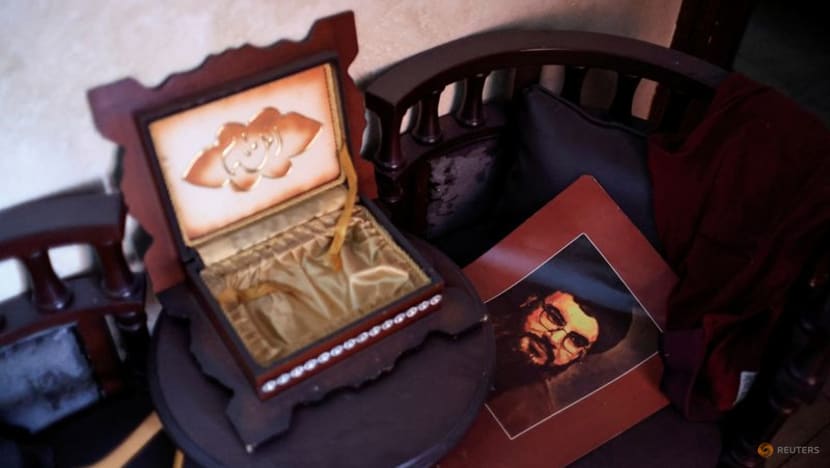
"Our life savings ... All this destruction," said Hijazi, as he stepped into an apartment littered with shattered glass and broken furniture.
The entire building had been destroyed in a previous Israel ground invasion in 1982, during Lebanon's civil war, displacing Hijazi for 13 years before he could rebuild and move back in.
He was displaced again in late September, as Israel dramatically ramped up its air strikes on Lebanon after a year of exchanging fire with Hezbollah mostly along the border strip.
Hijazi told Reuters he was worried about who would help him rebuild this time around. Even before the war, Lebanon had been suffering a severe economic crisis that had crippled savings.
"I want to live. This is my house, it's 40 years old. Every corner in the house, everything in this house, means something to me," he said.
"WHAT IS GONE, IS GONE"
Relief was palpable - one woman was clapping as she drove into the neighbourhood and a young man could be seen on the upper floor of a building, sticking out two thumbs-up from a massive hole left by bombardment.
But many said their homes would be unliveable for the near future because Israeli strikes had damaged the neighbourhoods' water and electricity networks, and that they did not know what could unfold after the 60-day ceasefire comes to a close.
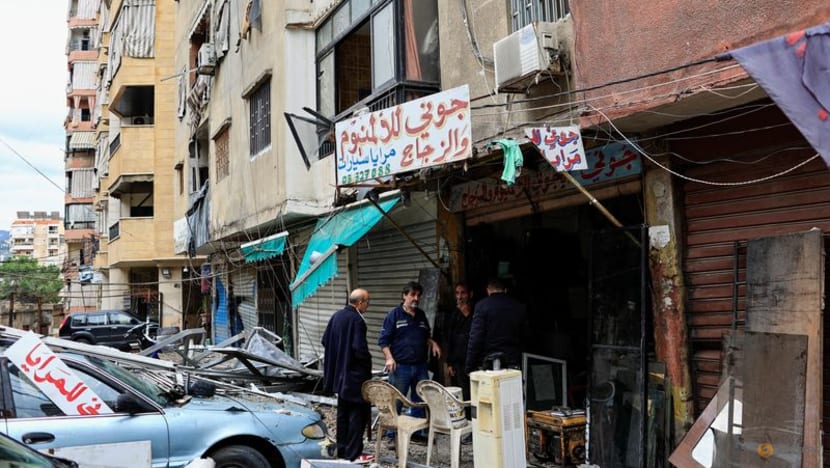
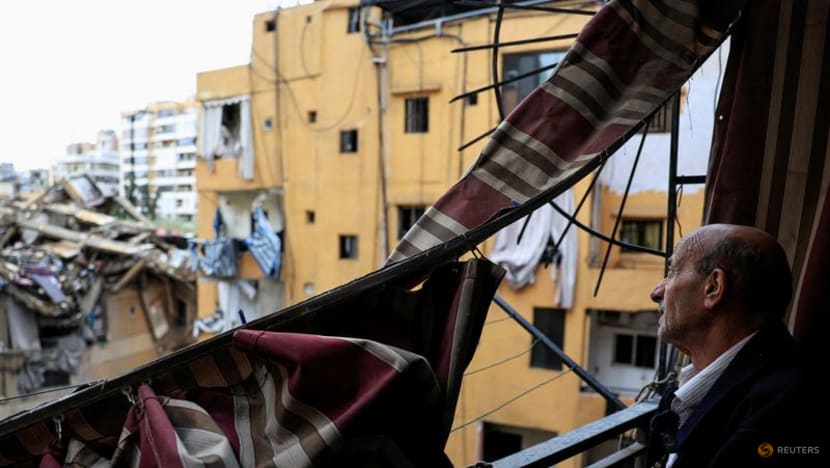
"In the end, what is gone is gone," said Ramez Boustany, a 62-year-old technician assessing the damage in his apartment.
"We don't know what will happen in the future - whether there will be war again, or there will be a third world war, or things will end here and they will have an agreement. We really don't know."
The World Bank has said at least 100,000 housing units across Lebanon have been damaged or destroyed by the hostilities.
Thousands more headed to their villages in southern Lebanon, their cars adorned with Lebanese flags and posters of slain Hezbollah secretary-general Hassan Nasrallah, killed in an Israeli air attack on Beirut's suburbs on Sep 27.
Some were held off from reaching their villages by the Lebanese army, which had urged residents not to venture into areas where Israeli troops were still deployed.
"There's nothing like the soil of the south and the scent of the south," said Khedr, a Lebanese man heading south with his family via Tyre, a coastal city also hit hard by Israeli strikes.
But the widespread joy was tempered hours later, when Israel's military spokesman said troops would enforce a curfew barring anyone from entering most of southern Lebanon after 5.00pm local time until 7.00am.
"We will inform you when it is safe to return home," the statement said.
















